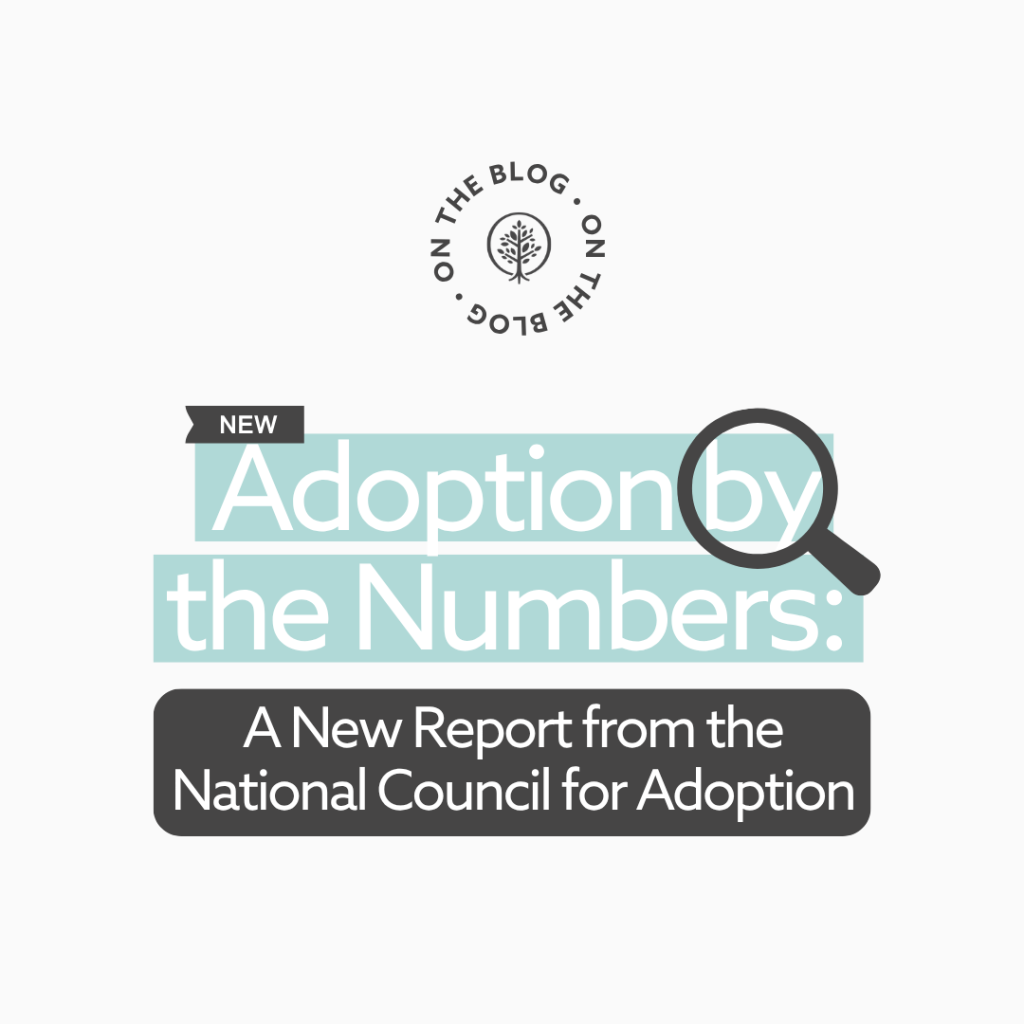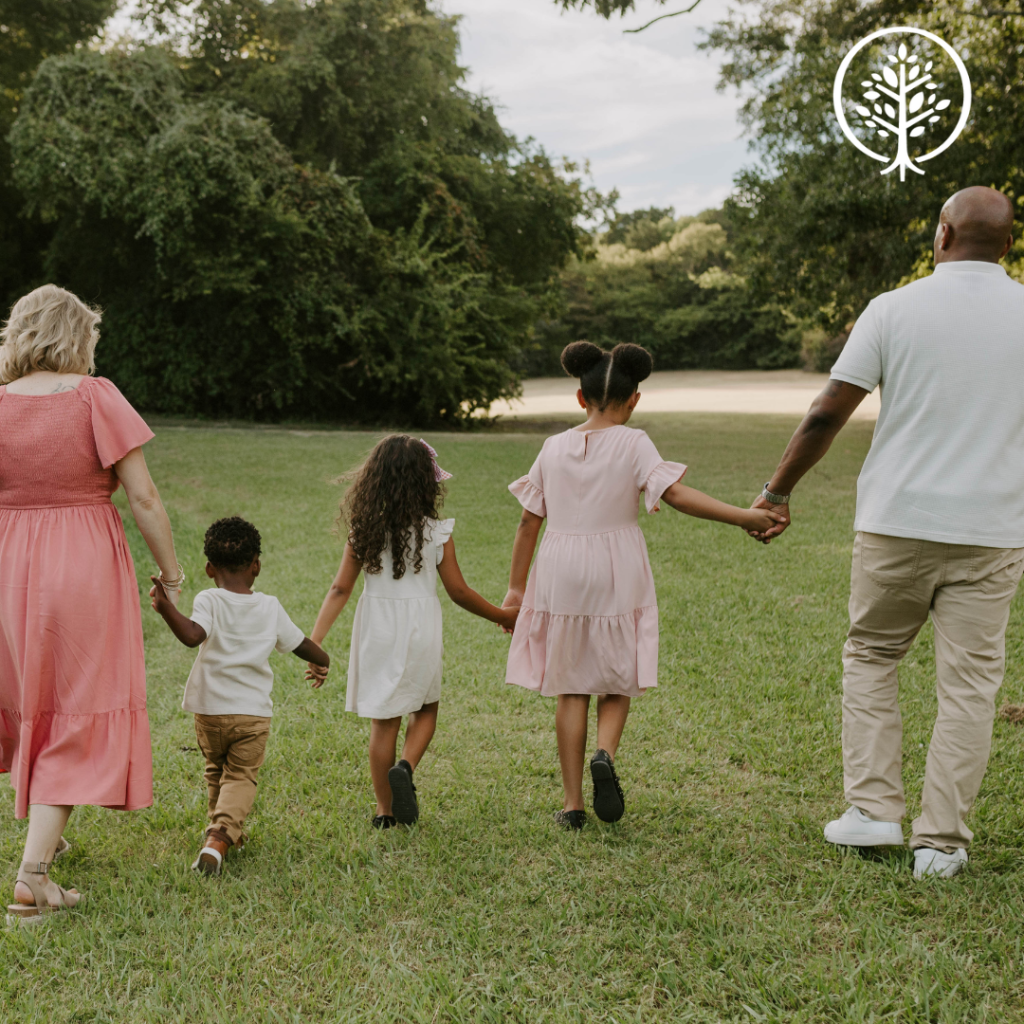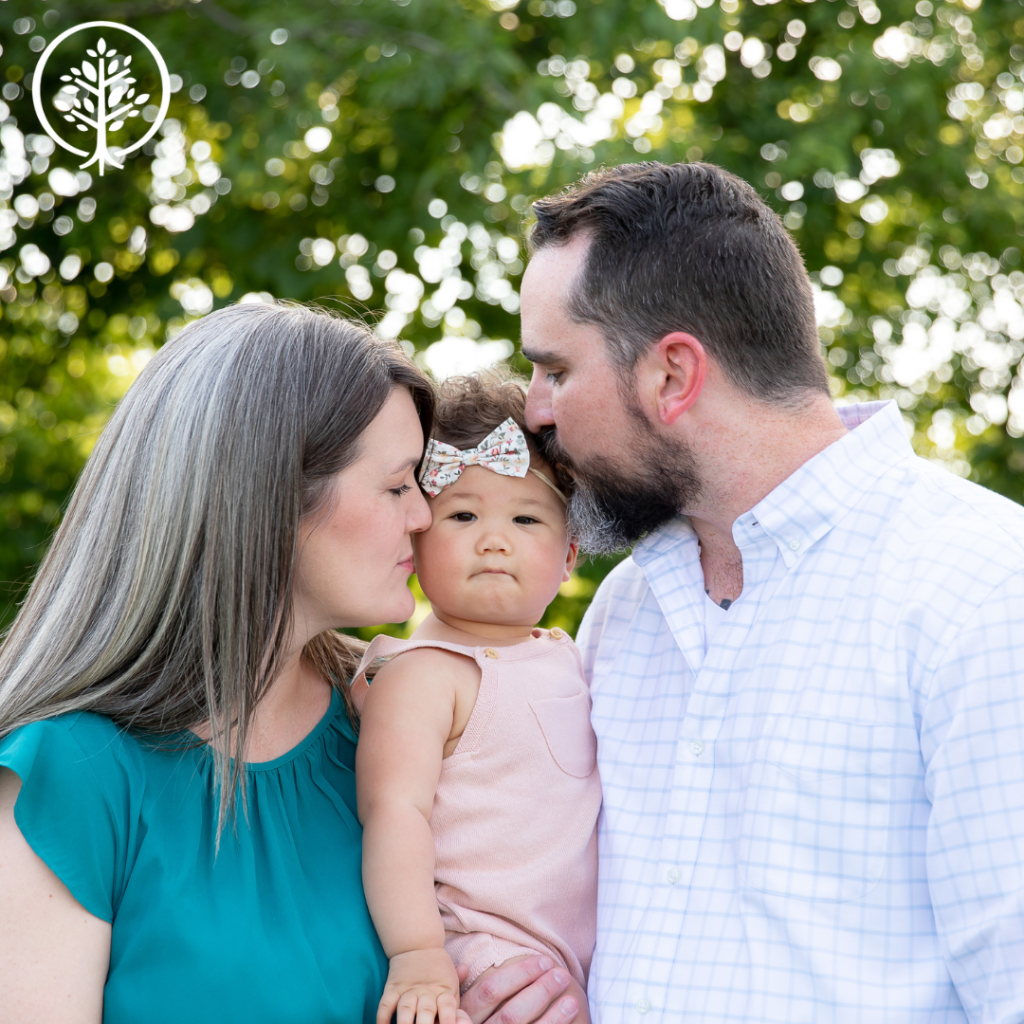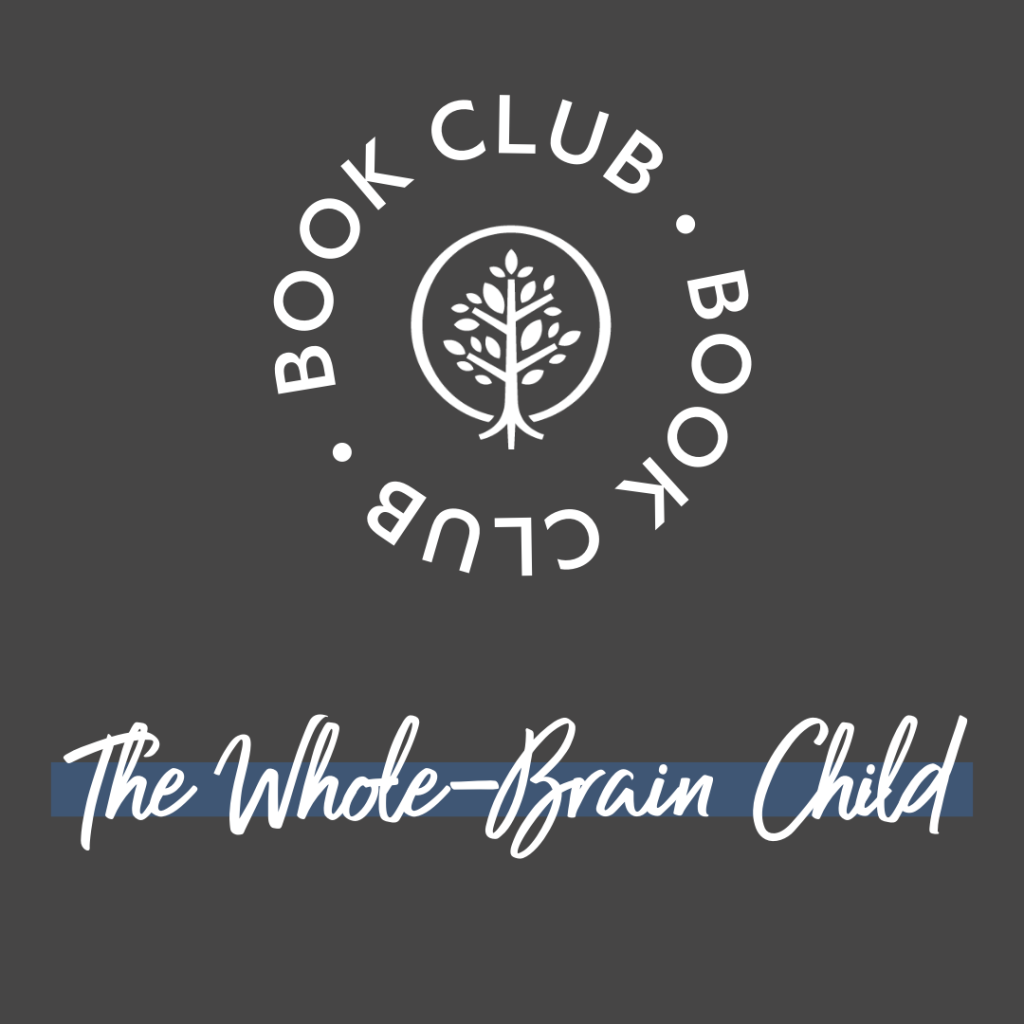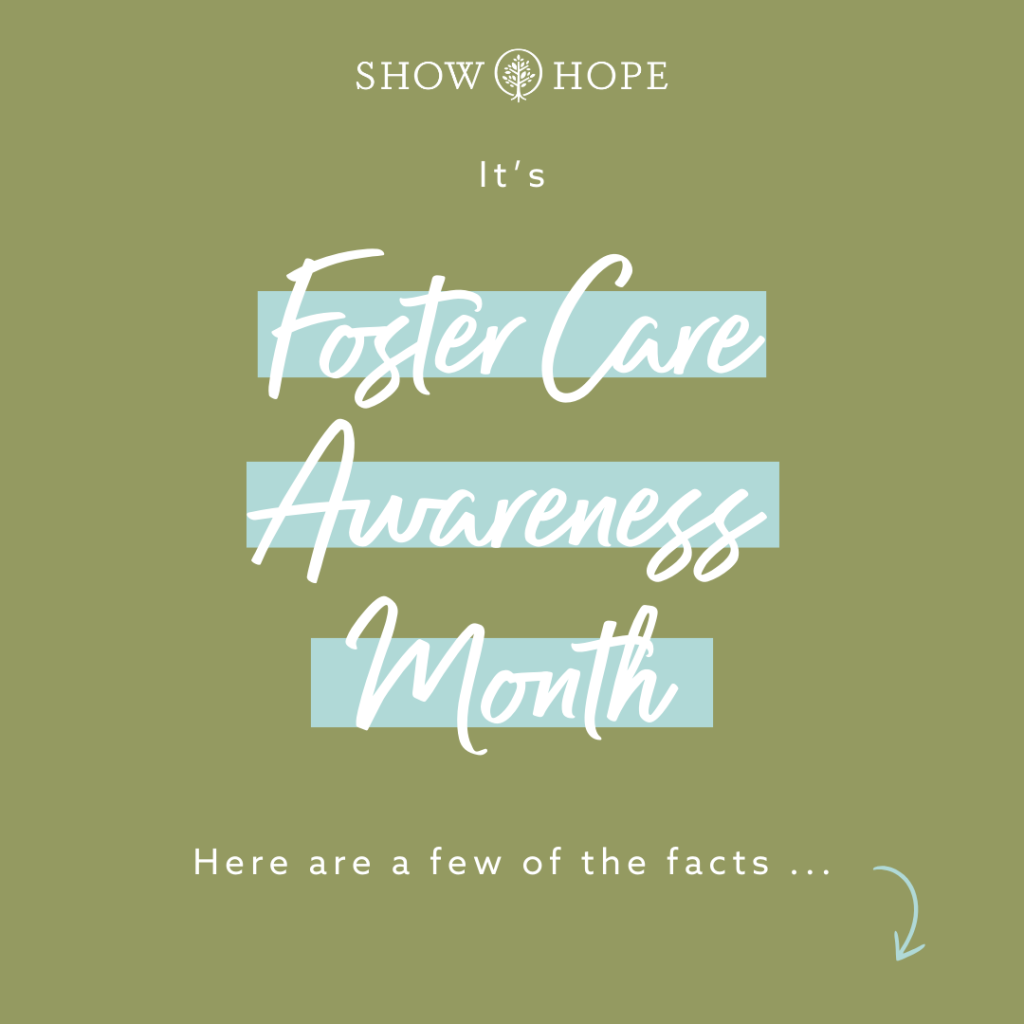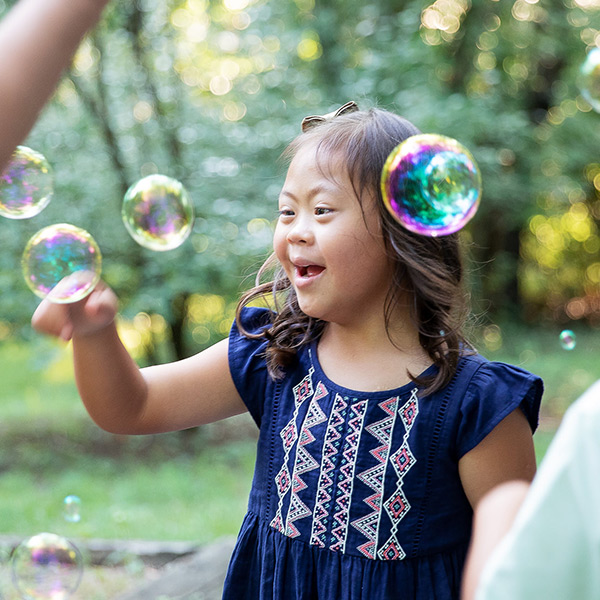Pre+Post Adoption Support
Show Hope Book Club: Gentle and Lowly
Gentle and Lowly “‘Gentle and Lowly’ gave me a clearer, more tangible picture of Christ’s heart toward me,” Show Hope Director of Development Emily Schafer said. “It helped me to debunk my interest in ‘earning’ the grace of Jesus and instead help me to rest in his gentle and loving embrace of me. It’s a…
Read MoreHow Sensory Seeking Can Lead to Connection
Spinning, jumping, and swinging. Bear hugs and loud environments. Wiggles and squirming. These are just some sensory-seeking behaviors common in children and teens—not your child acting out or being unruly and disrespectful. Sensory seeking is when a child seeks out and even craves sensory input. Unlike children who are sensory avoidant—often overwhelmed by input—children who…
Read MoreAdoption by the Numbers: A New Report From the National Council for Adoption
We hope this list will be impactful for you on your journey. Here are 10 resources for adoptive and foster care families.
Read MoreHow to Find a Therapist
Sometimes our children face things for which professional help is needed. These could include anxiety or depression, family problems, bullying, and emotional or behavioral changes, among others. Especially for children who have come home through adoption or foster care, therapy may be helpful to help your child begin to heal from trauma he or she…
Read MoreFor Every Child . . . and Every Family
In a world where pain and brokenness often find their way into our homes, the need for compassion, empathy, and gospel-centered care has never been greater. Trauma-informed care is not just a strategy—it is a commitment to seeing people through the eyes of Jesus. By embracing love, care, and the redemptive power of Christ, we…
Read MoreTeaching Your Values by Living Them First
The following is an excerpt from “Created to Connect: A Christian’s Guide to the Connected Child.” From Dr. Karyn Purvis with Michael and Amy Monroe, “Created to Connect” serves as a dynamic resource for those looking to draw helpful, encouraging parallels between the Christian faith and the foundational teachings of Trust-Based Relational Intervention® (TBRI®). When…
Read MoreHow to Build Connection in Your Marriage
How to Build Connection in Your Marriage In TBRI® (Trust-Based Relational Intervention®), we aim to build relationships with our children and teenagers through fostering trust, felt-safety, and connection. Through the different TBRI principles, strategies, and practices, we want the bond we share with our children and teens to be strong and firm. And the truth…
Read MoreTransracial Adoption: Love Is Just the Beginning
We hope this list will be impactful for you on your journey. Here are 10 resources for adoptive and foster care families.
Read MoreShow Hope Book Club: The Whole-Brain Child
The Whole-Brain Child “The Whole-Brain Child” really helped me understand the complexities of development,” Show Hope Director of Communications Nathan Magness said. “I am not a ‘science’ person, per se, so I really appreciated the authors’ approach in crafting the content in such an accessible and practical way. God’s intricate design of his creation is…
Read MoreFoster Care Awareness Month
We hope this list will be impactful for you on your journey. Here are 10 resources for adoptive and foster care families.
Read More


